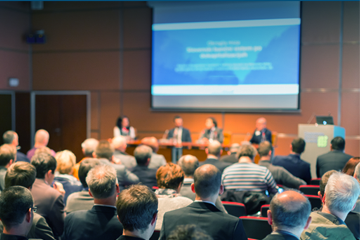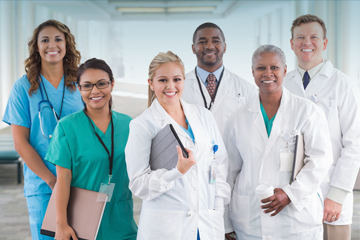The use of stem cells is a natural progression in anti-aging and regenerative medicine. Through the use of stem cell therapy, regenerative medicine is a revolutionary approach to restore, rejuvenate, and regenerate cells, tissue, or organs that are diseased or injured. This first module of the Stem Cell Fellowship will provide a detailed foundation of the concepts of cellular biology and physiology, stem cell biology, and the intricacies of cellular signaling and cell phenotypes that are essential in regenerative medicine. All stem cell sources will be explored including fetal, placental, umbilical, cord blood, embryonic, bone marrow derived, adipose derived, peripheral blood, and induced pluripotent stem cells. Current stem cell markers, as well as the latest cell imaging devices and techniques will be discussed and demonstrated in a live, interactive setting.
Objectives:
Upon completion of the module, the participant will:
- Review the history and highlights of the field of translational science and regenerative medicine
- Possess a thorough understanding of cell anatomy and biology
- Understand basic stem cell properties and processes, including self-renewal and cell cycle regulation
- Develop a working knowledge of cell-ECM(extra cellular matrix) and cell-(EMT) epithelial mesenchymal transitions
- Discuss the importance of stem cell niche environments and cell signaling
-
Analyze the properties, mechanism of action, features, benefits, drawbacks, and applications of the various stem cell sources:
- Embryonic
- Amniotic
- Fetal tissue
- Cord blood
- Placental
- Peripheral blood
- Umbilical
- Bone marrow derived
- Adipose derived
- Induced pluripotent
- Explore the principles and ethical considerations of cloning
- Describe the characteristics and composition of mesenchymal stem cell and their applications
- Compare and contrast the risks and benefits of autologous versus allogeneic stem cell approaches
- Develop a working knowledge of cell markers specific to stem cells and their importance in regenerative medicine
- Participate in interactive sessions with leading experts viewing live stem cell demonstrations and specimens
- Analyze the various roles of growth factors in cell regeneration and rejuvenation
- Describe the relationship of telomeres as it applies to translational and regenerative medicine
- Understand the premise of platelet rich plasma and its adjunctive uses in regenerative medicine
- Participate in interactive sessions with leading experts demonstrating and comparing the latest cell imaging and labeling techniques, including magnetic resonance imaging, flow cytometry, ultrasound, single photon emission computed tomography, and positron emission tomography.




